Report says companies should explore new growth drivers in overseas markets
As the global trade landscape continues to evolve, Chinese enterprises making forays into overseas markets should strengthen localized production and operation, and optimize the layout in global supply chains, while pooling more resources into technological innovation, to navigate challenges from escalating trade protectionism and geopolitical tensions, said experts and business leaders.
Enhancing global operational capacity will not only help these enterprises better utilize resources worldwide, but also promote the transformation and upgrading of China's manufacturing sector, given that the country has placed great emphasis on the construction of a modern industrial system, they said.
Their comments came as the upcoming Central Economic Work Conference is expected to sharpen the focus on giving full play to the role of enterprises in promoting industrial innovation, elevating their competitiveness on the global stage, and improving the resilience and security of industrial and supply chains.
Over the past four decades, Chinese enterprises have shifted from adopting an export-oriented globalization strategy to a strategy that emphasizes technological advancements and improvement of brand awareness through cross-border mergers and acquisitions, according to the latest report released by the Center for China and Globalization, a Beijing-based think tank.
However, they are currently facing mounting pressures such as rising trade barriers, regulatory complexities in overseas markets and supply chain disruptions. They have to explore new growth drivers in global expansion to adapt to the increasingly fragmented and volatile global markets, the report said.
"In the face of deglobalization headwinds, it is of significance for Chinese enterprises to leverage global resources while tailoring production and operation based on the demands from local markets, and integrating local cultural elements into brand building," said Zhang Wei, deputy secretary-general and senior research fellow at the CCG, highlighting the need to diversify the layout in industrial chains around the world.
To mitigate the negative impacts of tariff barriers and enhance the resilience of supply chains, Zhang said these enterprises should partner with their foreign counterparts to establish joint ventures, build regional manufacturing hubs and increase localized investments.
The heightened localization efforts will not only help them reduce market entry obstacles, enhance brand credibility and gain a competitive edge in international markets, but also create job opportunities for local people and bolster local economic development, he said.
"Some emerging markets, such as Brazil, India and African countries all present immense growth potential for Chinese enterprises to expand their presence," said Jin Xu, chairman of the China Association of International Trade, adding that Chinese enterprises' globalization moves will be conducive to optimizing resource allocation and lifting their shares of international markets.
He Zhiyi, chief expert from the Institute for Global Industry at Tsinghua University, said against the backdrop of the restructuring of global supply chains, it is essential to "build world-class enterprises" through self-reliant innovation and optimize the layout in industrial chains globally to "form a more balanced and stable development pattern in both developed and developing countries".
Although the United States is attempting to contain the development of China's high-tech industry by creating technological and market barriers, China is well-positioned to spearhead the global industrial revolution with its ultra-large market scale, complete industrial chain systems and increased innovation capabilities, he said.
According to the Ministry of Commerce, China's outbound direct investment has ranked among the global top three for 12 consecutive years. By the end of 2023, Chinese domestic investors had set up 48,000 overseas enterprises in 189 countries and regions.
Chinese manufacturers should shift from exporting products to exporting industrial capacities, accelerate the building of global industrial chains, improve localized operations overseas and bolster the upgrade of products, said Wang Cheng, chief operating officer of Chinese consumer electronics maker TCL Technology Group Corp.
Jia Shaoqian, chairman of home appliance maker Hisense Group, said the company has established a complete industrial system covering research and development, production, sales, supply chain and services, while making inroads into overseas markets, to better serve local markets and consumers.








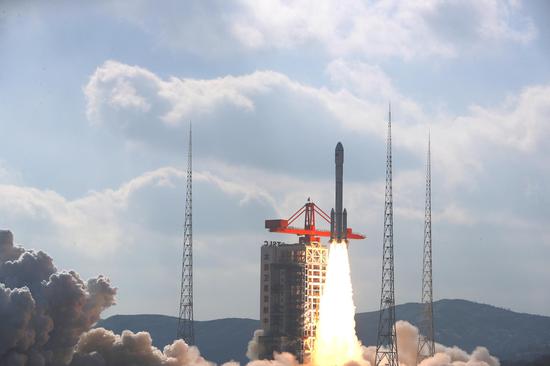



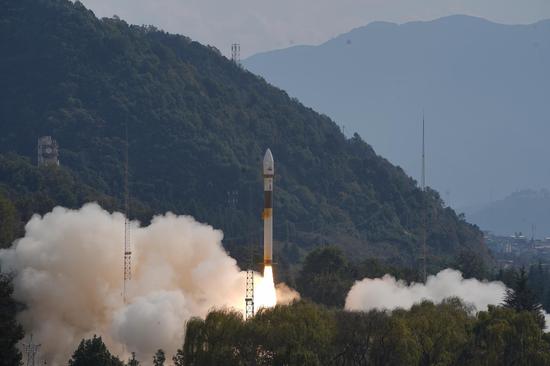
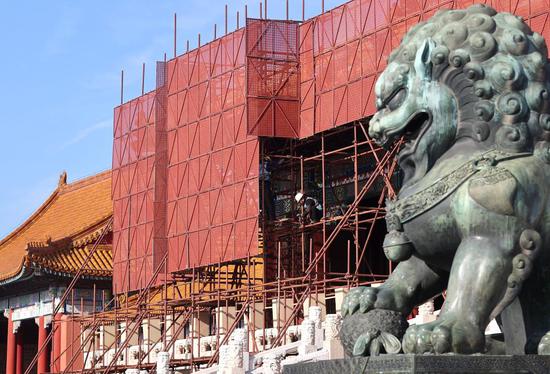


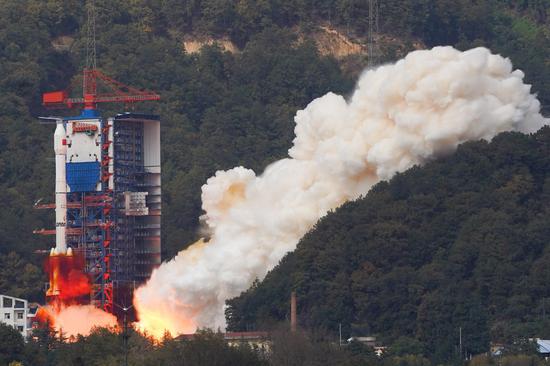
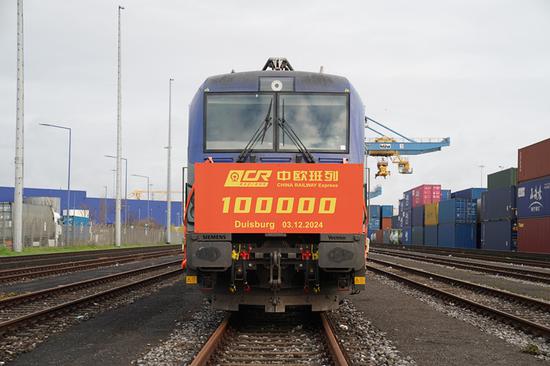

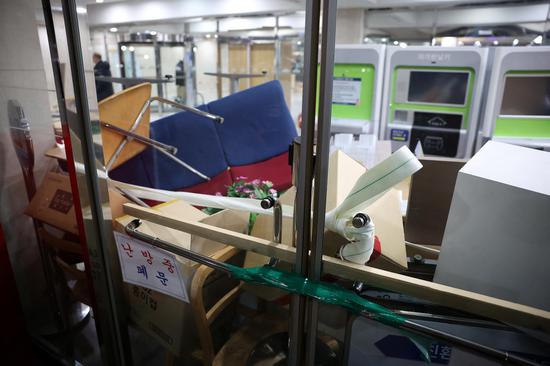

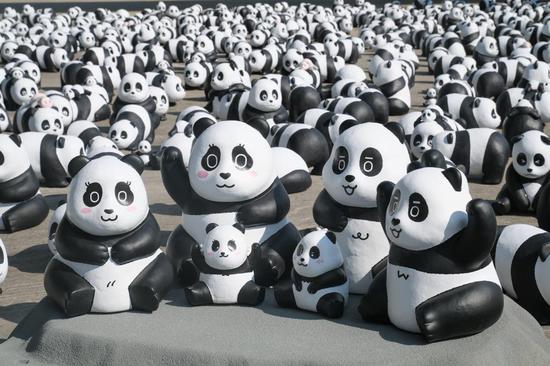







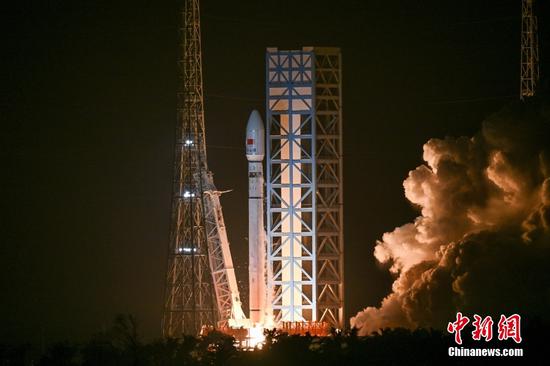

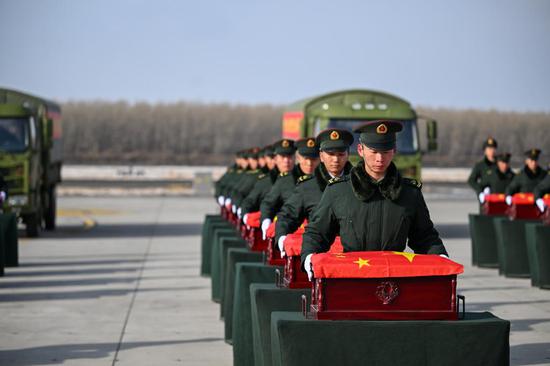
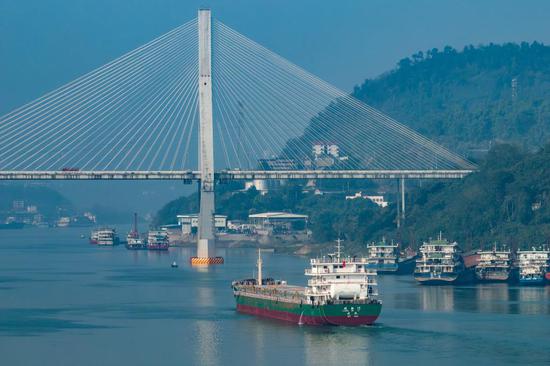
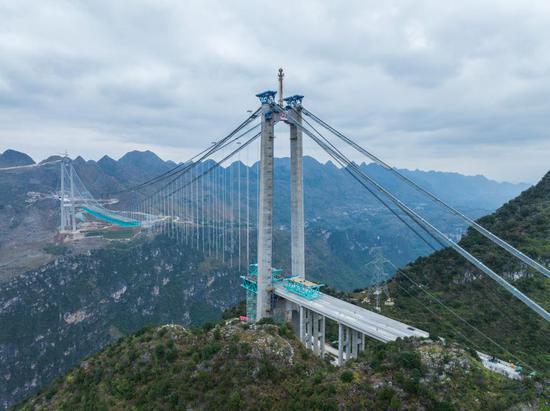

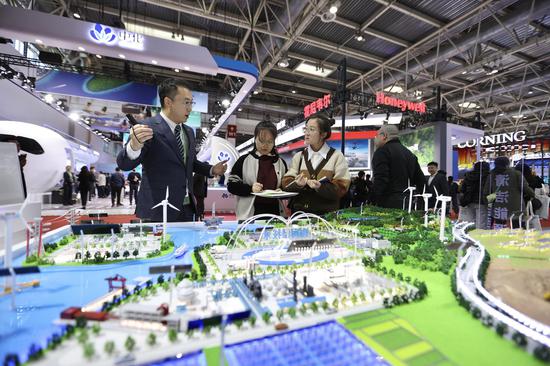
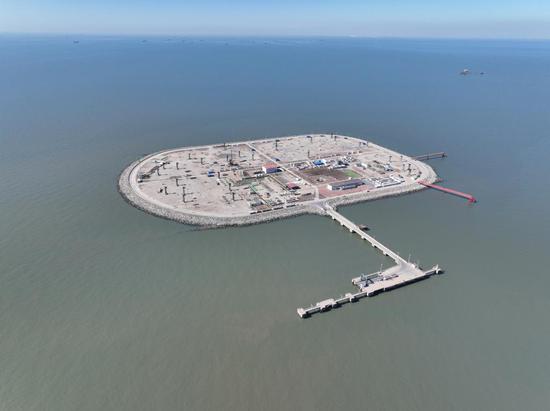

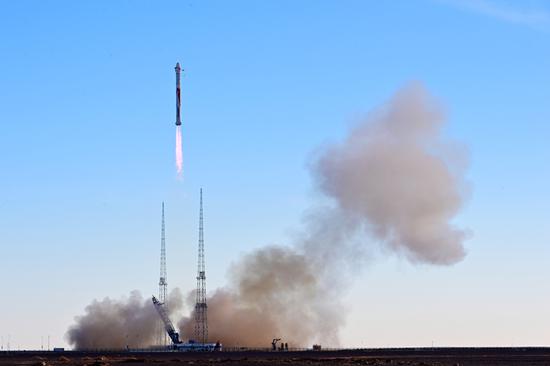
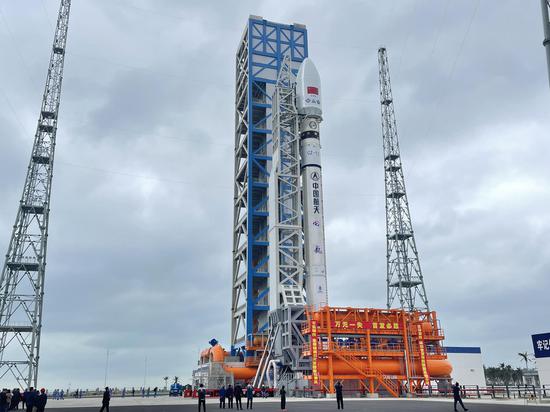
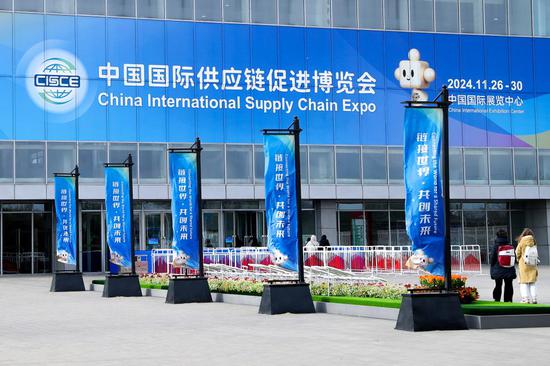

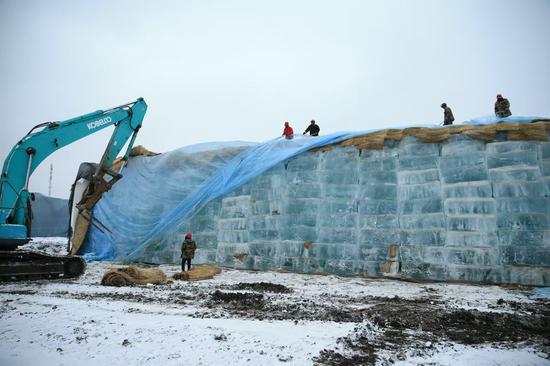
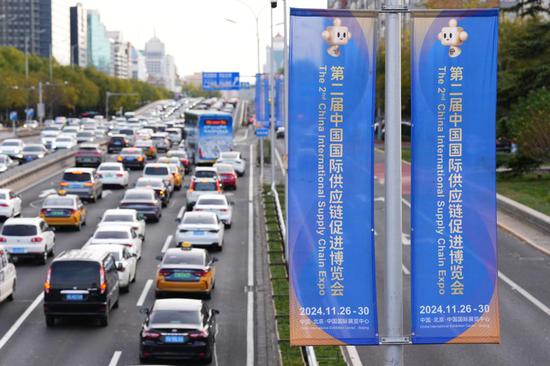


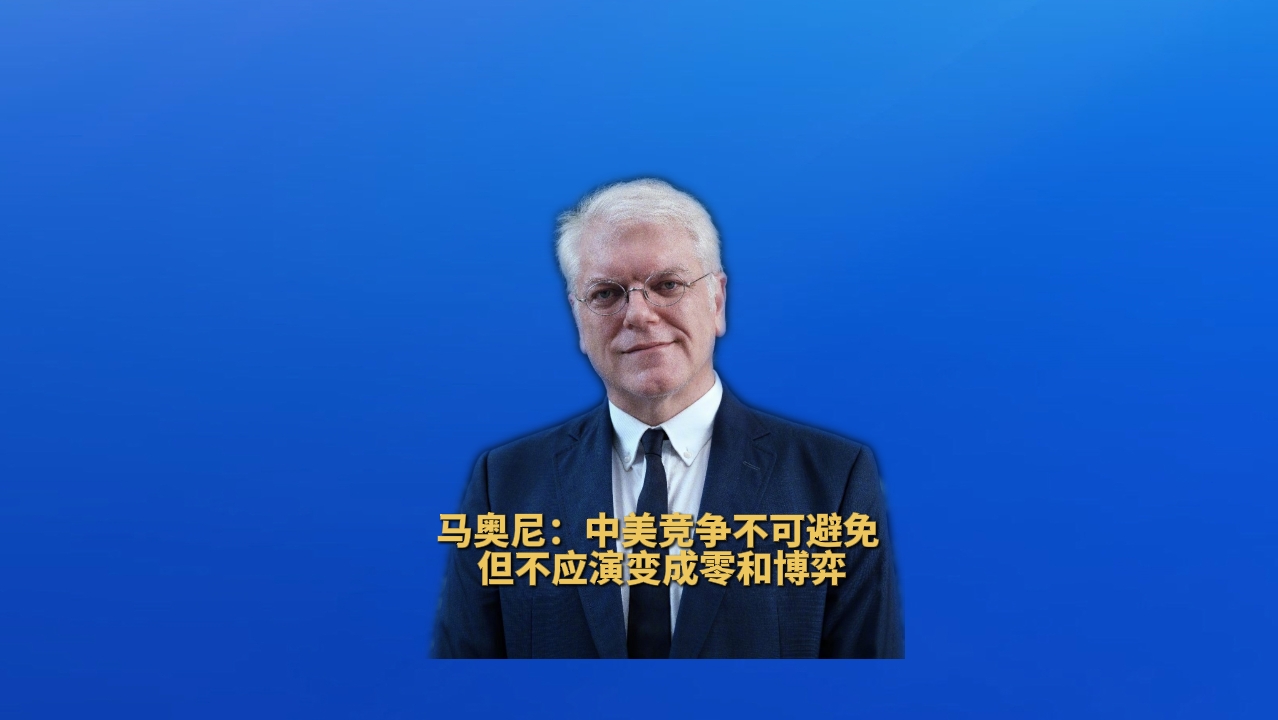

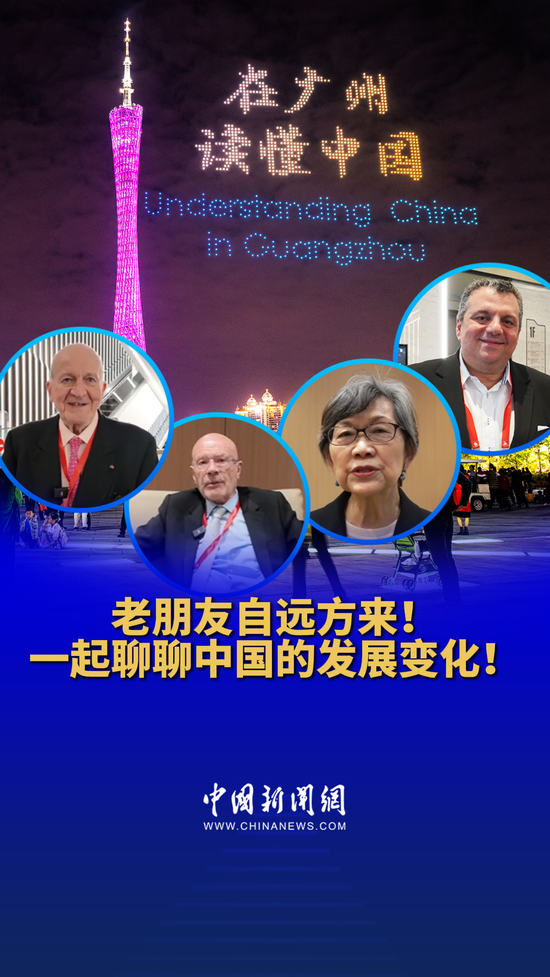

 京公网安备 11010202009201号
京公网安备 11010202009201号